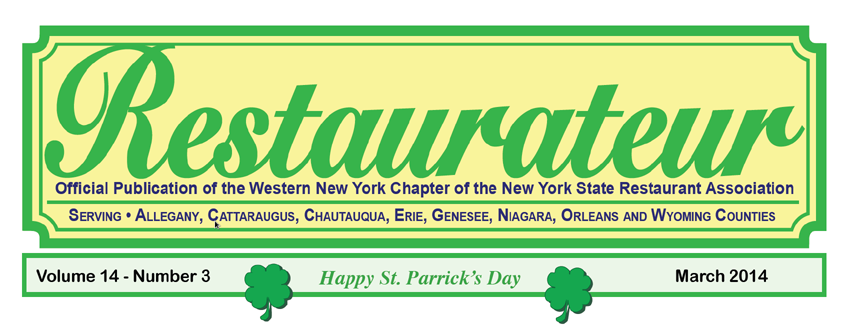
 Controlling Cash Receipts
Controlling Cash Receipts

Your restaurant is closing. The bartenders and dining room cashier take the cash from the cash drawer, count their banks and put them into bank bags. The remaining cash is stuffed into cash receipt bags and taken to the office. Each cash handler takes a sales reading from the cash register, puts the reading in the cash bag, and takes it to the office. The manager puts the banks into the safe, makes up the deposit and takes it to the bank’s night deposit box.
The next morning, the Bookkeeper records Beer Sales and Liquor Sales from the cash register tapes. She takes the cash turned in from each point of sale and divides by 1+ the sales tax rate to calculate Total Net Sales. Finally, she subtracts Beer Sales and Liquor Sales from Total Net Sales to arrive at Food Sales.
If the above scenario resembles your closing procedures and sales recording process, you are asking your employees to steal from you. Even though you tell your employees that you are tying out cash receipts, they will soon determine that you are not doing so.
An employee will inevitably make a mistake and short the deposit by $10, maybe by accidentally putting $10 into his tips that should have gone in the cash drawer. He may realize his mistake when he is at home and expects someone to say something to him about his shortage. If nothing is said, he will purposely short cash receipts by $20 a week later. Then it will be $50, and later $100. The word will soon spread that no one is checking cash receipts. Soon several employees will be shorting cash receipts by $100 or more every night!
Employees should be required to count their cash receipts at the end of their shifts. They should enter them in the Point of Sale system or by denomination on a Cash Slip. A management person should obtain the POS sales report or take the cash register reading at the end of the shift. Cashiers should not know what they did in sales so they turn in all cash received, not just enough to tie out to the POS sales report.
The next morning, the Bookkeeper should tie out cash received from each point of sale to cash sales recorded in the POS system. Any shortages should be noted on a Shortage Report and given to the manger to follow up with the employee. A notable variance, i.e. $10, should be established whereby each employee is issued a warning for exceeding this variance. Three warnings in a year and the employee is terminated. Once word gets around that management means what it says, shortages will become minimal.
Restaurants are very vulnerable to employee theft because they handle so much cash. Make sure you have sufficient controls in place so the cash ends up in the bank, not in your employees’ pockets.
(RETURN)
